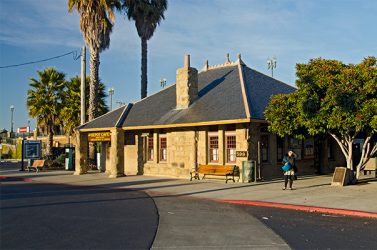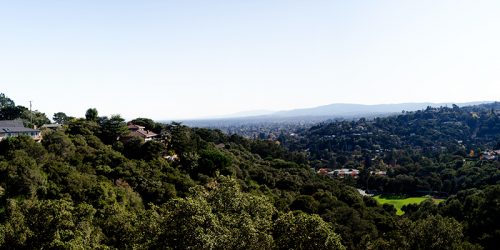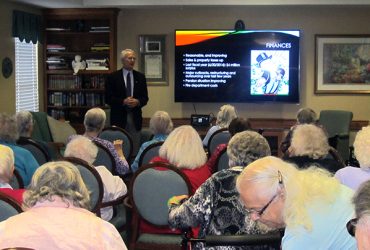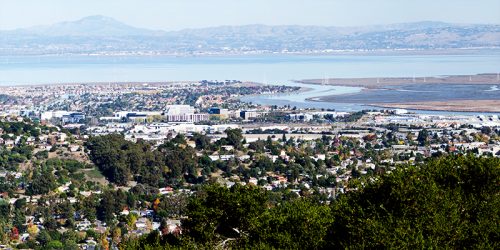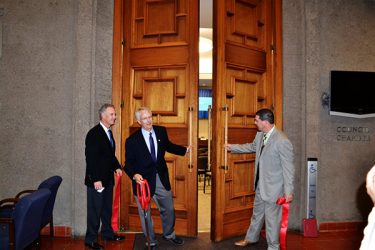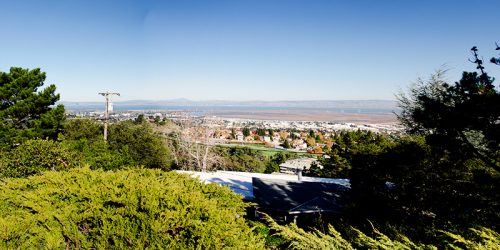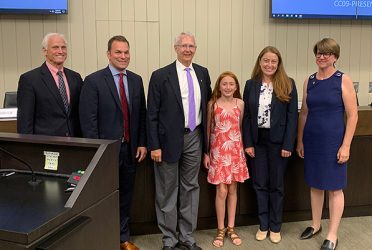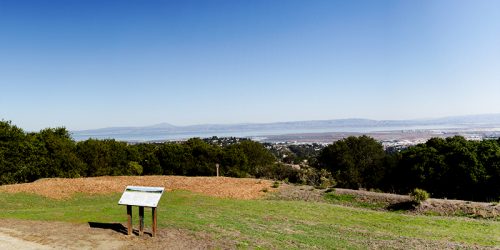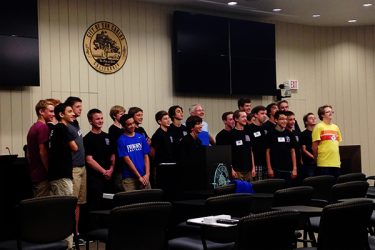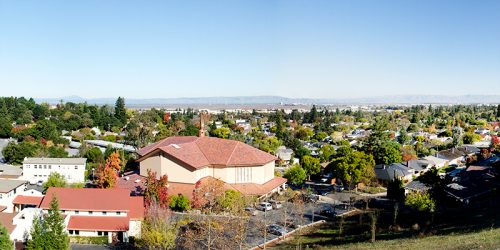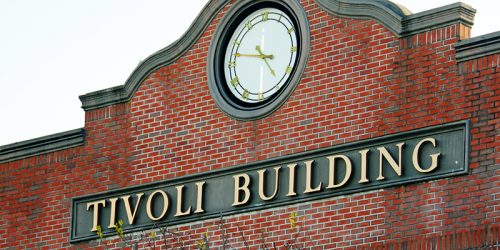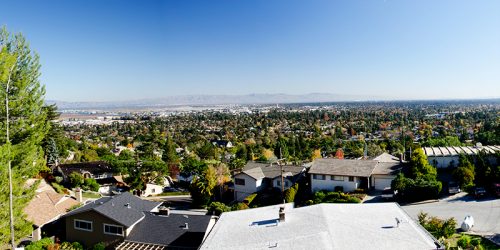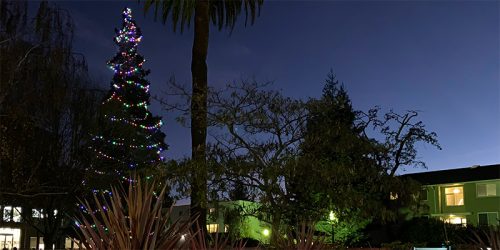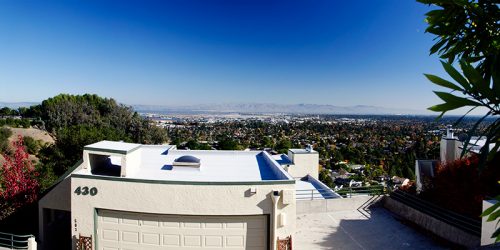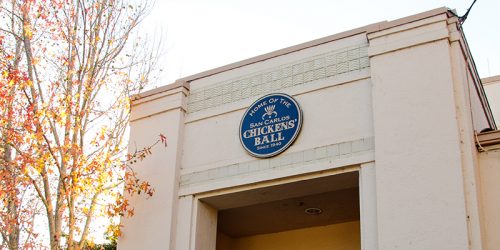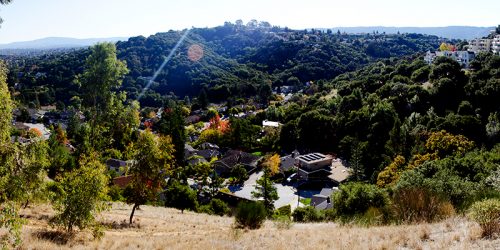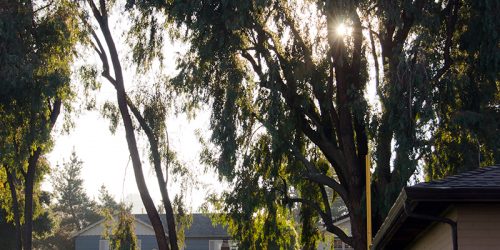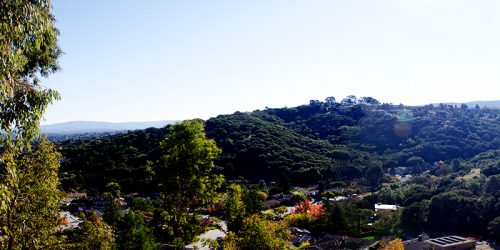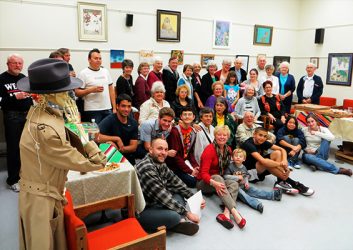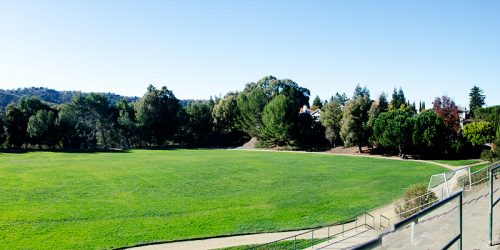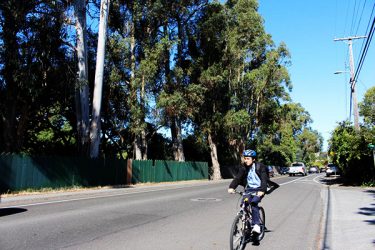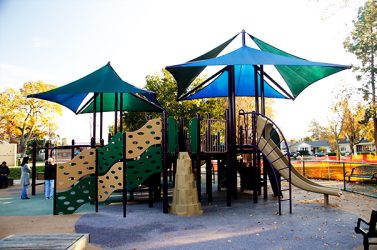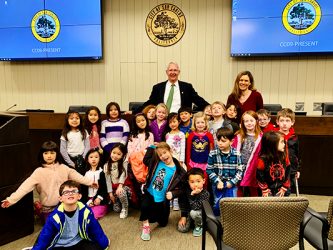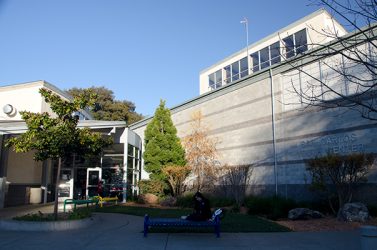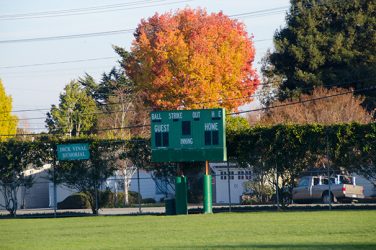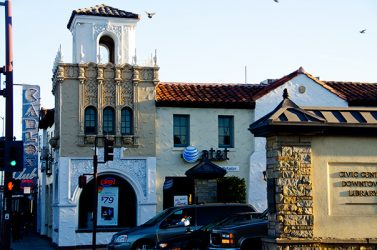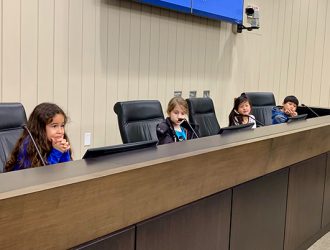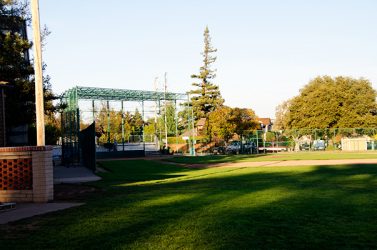I recently got a letter from a resident who attended the last housing community meeting. It touched on a number of topics in a few words so I thought I’d use it to frame some things. I’ll present it in pieces so as to keep my commentary focused.
I recently attended the San Carlos community meeting on February 1, to discuss housing in San Carlos.
In a word it was disappointing. The agenda was how San Carlos can solve the affordable housing problem in our community especially with regards to the state housing mandate.
Individuals were not allowed to speak and only the topics presented were discussed by the table leader What was missing was whether the community wants any more housing, whether it is market, affordable or low income.
The focus of the meeting was on how we should respond to the housing crisis, not whether we should respond. That was the purpose of the meeting.
But it’s a valid question as to whether we should. It’s a good question, too, because it’s not a simple one to answer. It depends on how you view a number of issues. Here are some of the ones I think about:
Crowding. More people means more competition for shared resources. The shared resource issue can be addressed by requiring developers adding housing to fund the city’s acquisition of more shared resources. There are limits to how much they can be hit up for, but it’s an established part of the law and a known/accepted part of the development business.
Traffic. More people means more traffic. But more jobs without more “nearby” housing also worsens traffic. Someone driving two hours from Pleasanton to San Carlos to work ties up two hours of “car space” on the roads whereas someone living and working in San Carlos ties up a much smaller amount, leaving more room for others. The traffic impact of development depends on how well housing and commercial development are coordinated (and even then there’s a choice about where you want the traffic to appear…but you have to remember the State takes a dim view of localities and regions that develop in such a way that they over tax the State-built and -maintained highways).
State Law. California requires communities to adopt policies and practices that lead to the construction of designated amounts of new housing (the targets are based mostly on actual and anticipated job growth in the area). For years this requirement was somewhat toothless…but Sacramento is becoming much more aggressive about enforcement and much more realistic about its projections. The State has begun suing cities that are significantly out of compliance. They’re doing all this for two reasons: pressure from people fed up with horrible commutes (they may not vote in our local elections but do get to vote for state-level offices), and fear that cities may kill the goose that laid the golden egg by making economically-important regions of the State undesirable to businesses (either new ones or existing ones seeking to expand).
Community Viability. Some years ago a friend of mine complained that all the quotes she got for painting her home were absurdly high. I reminded her that no painter is going to drive multiple hours a day just to paint her house. The fact that housing costs are high in our area inevitably escalates the cost of anything based on labor (and other stuff as well, even if indirectly). No community can survive without painters, plumbers, teachers, firefighters, sewer maintenance people, baristas, waiters, shop clerks, day care staff, etc (it’s quite a list when you stop and think about it).
Opportunities for Children. While many children seek to leave home and carve out a life somewhere else many others would like to stay in and around where they grew up. And they’d all like to have the option of living nearby. But if the housing stock doesn’t keep pace with population growth — which is driven by not just local birth rates but also in-migration in pursuit of jobs and opportunity — then those children may well be priced out of their “home” market.
Climate Change. Separating jobs and housing exacerbates the risk of global warming. For example, someone living in Pleasanton and working in Mountain View pumps six metric tons of carbon dioxide, annually, into the atmosphere. If they lived, say, in San Carlos instead that number drops to three metric tons, a significant savings.
Moral Imperative. For decades most Bay Area communities pursued commercial development over residential development. It has less of an impact on voters, can be tapped for community amenities, doesn’t consume shared public resources at as fast a pace and can contribute more in the way of tax revenue (e.g., sales, property, hotel). The net result are communities enriched by people spending more and more of their time commuting and who experience a degraded quality of life as a result. There’s nothing unlawful about that…but the unintended statement of community values — “Thanks for working hard to make our community a better place! Now get out of town!” — is pretty difficult to defend on moral grounds (at least in my opinion).
It is your job to represent and solve the problems of San Carlos as of a whole, not for certain groups of retailers or restaurants or to act as do gooders to solve a California problem. You may think housing is a moral issue, but you are supposed to get the feedback and eventually a vote of confidence by the residence of our community.
Leaving aside the point that, personally, I do believe an unbalanced jobs/housing situation is a moral imperative there are several points worth discussing here.
Council members are elected to serve the interests of San Carlos residents. But, oddly enough, doing our job well means we have to think about the broader communities — state, nation and world — in which we live.
It’s not in our self-interest to ignore them. Homes in San Carlos are worth their (amazingly high by national standards) prices because of all the businesses and people who want to engage with our community. The “value” of San Carlos is a function of how attractive we are within the broader communities we inhabit.
To preserve that value we need people to want to live, work and shop here…because they can likely take themselves (and their talent, energy and money) elsewhere if we aren’t attractive enough. Which would leave us with a difficult financial situation since the property taxes on homes doesn’t even cover our police and fire costs let alone anything else (and property values would drop if we were seen as “unattractive). That’s true even given our current budgetary surpluses because those are the result of all that engagement.
If the community wants to support affordable housing for retail establishments or teachers let them VOTE to pay for it, and build housing specifically for that group. I think the residents would be shocked that you are thinking of putting 183 extremely low, 98 very low and 107 low income housing in San Carlos.
A plebiscite is certainly one way of addressing the housing crisis. But that doesn’t mean it’s the only way, or in fact even the best way.
Our government is a constitutional representative democracy. We expect everyone to follow the law (that’s the constitution part). The governing power ultimately derives from the people themselves (that’s the democracy part).
But the representative part is also important. I don’t do much plumbing or electrical or car repair work anymore even though I have and could. It’s more efficient for me to hire someone to do those things for me (not to mention that they typically do a much better job than I could because they are committed to doing that kind of work).
Elected leadership is similar. Anyone can do it. All it takes, if you want to do a good job, is to commit the time and energy to it. Which is why it makes sense from the community’s point of view to select, via election, people to do the job — for limited periods of time and good behavior — rather than always do all the work itself at the ballot box.
It’s appropriate and reasonable for an elected body to adopt laws and regulations governing housing with an eye towards increasing the supply. If they can’t make the case to the community about why that should be done, and enough people object, they’ll be replaced, and different rules will be developed.
Ask the question – does San Carlos want ANY more housing including market rate housing. I would wager that a majority of our residents would want a temporary halt on market rate housing as well wanting the city to join other bay area communities to fight the state mandated housing.
That question gets asked all the time because the housing crisis is significant and growing. The answer appears to be that the San Carlos community is supportive of expanding the housing supply. Provided it actually addresses the needs of the people negatively impacted by the housing crisis. And is done in a way that minimizes impacts on existing single-family neighborhoods. That was the pretty clear message from the city’s latest community satisfaction survey.
I see this as being in keeping with San Carlos’ traditions. We pride ourselves on being a neighborly and welcoming place. We don’t like ignoring all those other people. We don’t want to be a place of only one-percenters. We want to find a way to adapt but remain the City of Good Living.
I worked very hard and sacrificed time with my family to afford to live in this community and do not want the problems that come with additional housing especially with a lower income group.
If you look at life as a zero-sum game than any time anyone else gets something you’re forced to conclude you’ve lost something. But life isn’t a zero-sum game. If it was the species would’ve died out a long time ago. Instead, life evolves. Opening up new ways of doing old things. And creating new opportunities that simply didn’t exist before.
Regarding the comment about lower income people, I believe most San Carlans would disagree with the author’s view. Most of us believe the measure of a person isn’t related to how big their bank balance is or how much money they make. It’s how you choose to interact with your neighbors, and what you offer the community to enrich it, that matters.
That’s a key part of why we are the City of Good Living, and have been as life in the Bay Area evolves. And it’s why I think we have a role to play in figuring out how to address the region’s housing challenge.
Here’s the letter in its totality.
housing-letter